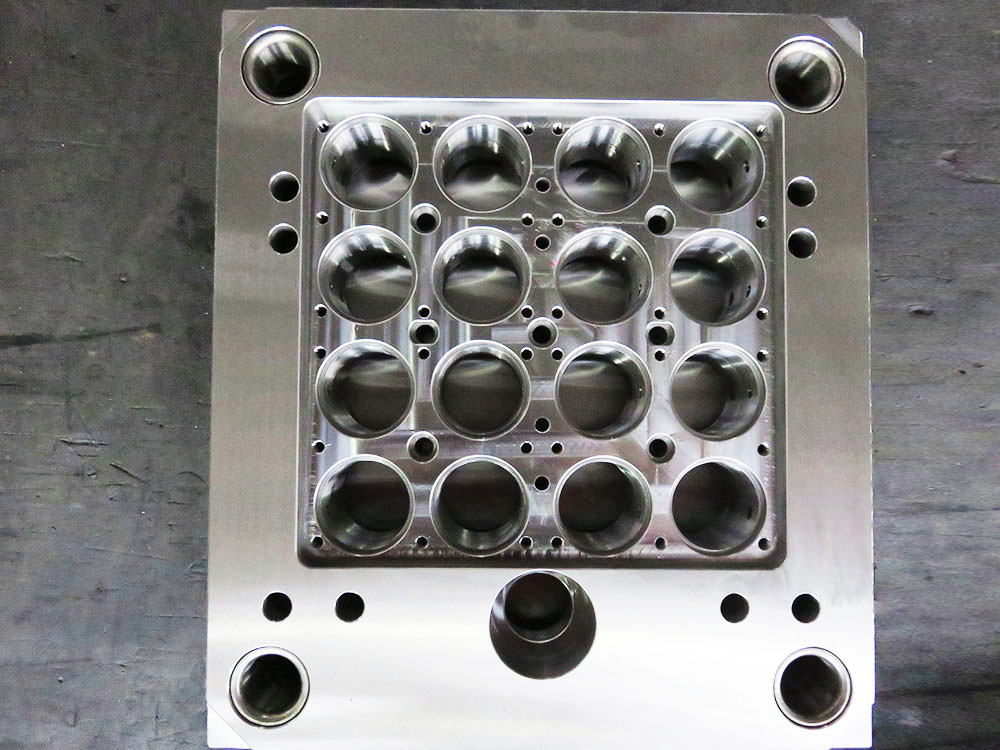Different Types of Occupations in the Mold Base Industry
The mold base industry plays a crucial role in the manufacturing sector by providing the foundation for the production of various plastic, metal, and composite parts. Different occupations within this industry contribute to the design, production, and quality control of mold bases. In this article, we will explore the various types of occupations in the mold base industry and their respective roles and responsibilities.
1. Mold Designer
A mold designer is responsible for creating 3D models and technical drawings of mold bases based on the specifications provided by clients. They use computer-aided design (CAD) software to develop accurate and efficient mold designs. These professionals possess extensive knowledge of materials, molding processes, and industry standards to ensure that the mold design meets the required criteria and standards.
2. Tool and Die Maker
A tool and die maker is involved in the manufacturing of the mold base by utilizing various tools and machines. They interpret the mold design blueprints and transform them into tangible mold components. Tool and die makers possess exceptional skills in operating machines such as lathes, milling machines, CNC machines, and grinders to fabricate mold components with precision. They work closely with mold designers to ensure that the final product meets the required specifications.
3. Mold Maker
Mold makers are skilled technicians who assemble the mold components fabricated by tool and die makers. They follow the mold design blueprints to ensure that all the components fit together perfectly. Mold makers possess expertise in using hand tools, precision measuring instruments, and injection molding equipment to assemble, adjust, and test the mold base. They also perform routine maintenance and repairs on molds to ensure their longevity and efficiency.
4. Quality Control Inspector
A quality control inspector plays a vital role in the mold base industry by ensuring that the manufactured mold bases meet the desired quality standards. They check the dimensions, finishes, and overall functionality of the mold bases to identify any defects or discrepancies. Quality control inspectors use various measuring instruments, such as calipers, micrometers, and coordinate measuring machines (CMM), to verify the accuracy of the mold bases. They communicate any issues or non-conformities to the relevant teams for corrective actions.
5. Project Manager
A project manager oversees the entire mold base manufacturing process, from initial inquiry to final delivery. They coordinate with clients, mold designers, tool and die makers, mold makers, and quality control inspectors to ensure smooth project execution. Project managers are responsible for establishing timelines, allocating resources, and monitoring the progress of mold base manufacturing. They communicate with clients to address any concerns or modifications required during the manufacturing process.
6. Sales and Marketing Representative
A sales and marketing representative promotes and sells mold bases to potential clients. They identify and target industries and companies that require mold bases for their manufacturing processes. Sales and marketing representatives possess good communication and negotiation skills to interact with clients, understand their requirements, and provide suitable solutions. They also attend trade shows, conferences, and seminars to showcase the company's mold base products and expand the customer base.
Conclusion
The mold base industry involves several occupations, each with its own unique role and responsibilities. Mold designers create accurate mold designs, tool and die makers fabricate mold components, and mold makers assemble the mold bases. Quality control inspectors ensure adherence to quality standards, project managers oversee the entire manufacturing process, and sales and marketing representatives promote and sell mold bases to potential clients. Together, these professionals contribute to the successful production of mold bases that are essential for various manufacturing processes across industries.




